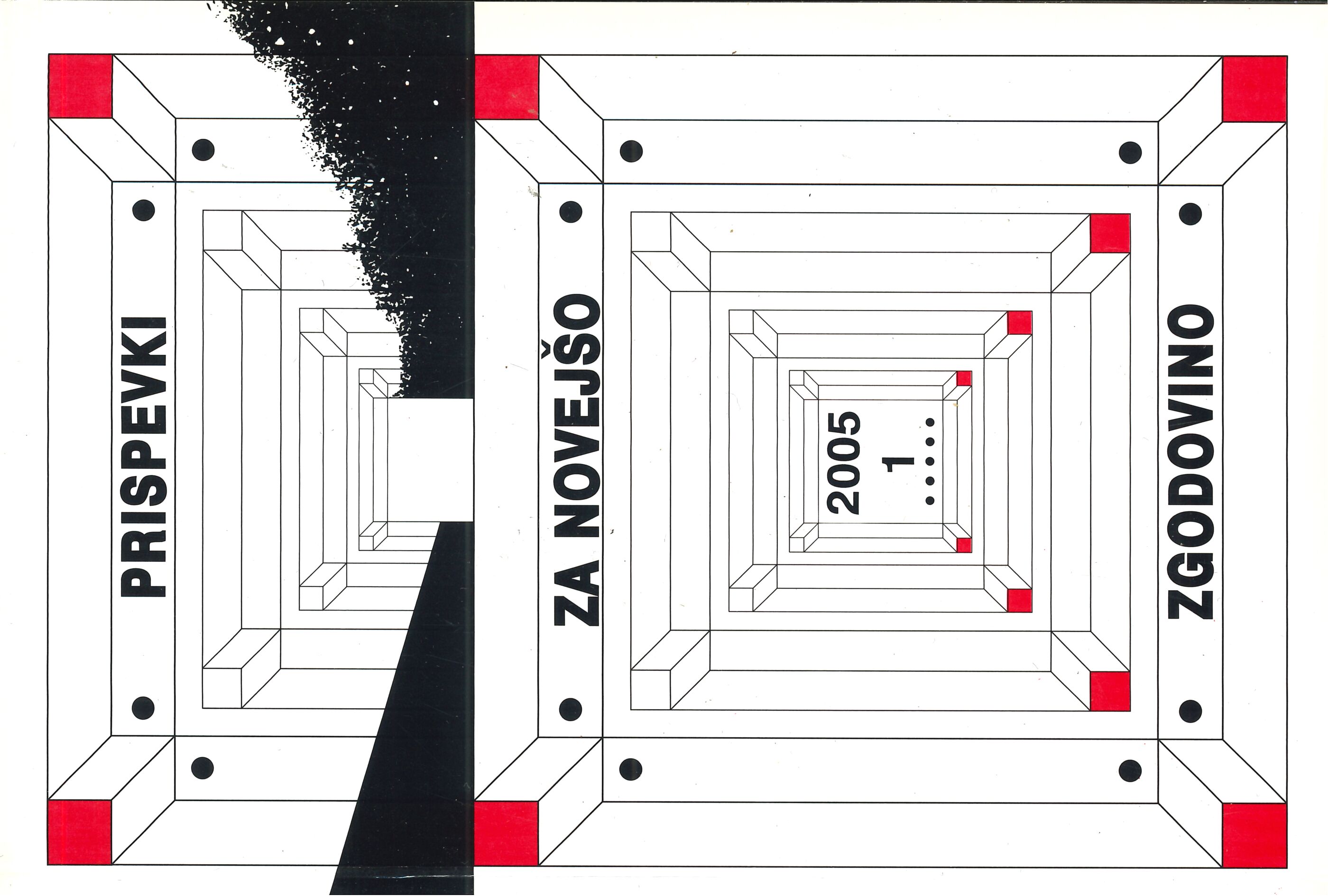Science and Crime - The "Südostdeutches Institut" in Graz (1938-1945)
Keywords:
National Socialism, Second World War, science, denationalization, war crimes, Graz, Slovene Styria, Slovenes, Southeast EuropeAbstract
The article deals with the National Socialist scientific institution "Südostdeutsches Institut" ('Institute on Southeast Germandom") in Graz in order to throw light on the connection between science and the Nazi crimes. Since 1938 the institute prepared the occupation of Slovene Styria; its scientific approach was application-oriented, and it worked also as an intelligence service. In the beginning its studies concentrated on demographic and ethnic issues of the border regions of the county of Styria, with its studies it later-on supported the Nazi policy of denationalization in Slovene Styria; its chief Helmut Carstanjen was responsible for essential elements of the criminal German national policy executed there. Since the German attack on Yugoslavia the institute also dealt with the wider space of Southeast Europe with special regard to the German minorities there. Due to fragmentary archival sources on the "Südostdeutsches Institut" the article methodologically is based on the analysis of its publications. Finally, it follows the carriers of individual members of the institute in the post-war period.
Downloads
Published
Issue
Section
License
Authors who publish with this journal agree to the following terms:
- Authors retain copyright and grant the journal right of first publication with the work simultaneously licensed under a Creative Commons Attribution License that allows others to share the work with an acknowledgement of the work's authorship and initial publication in this journal.
- Authors are able to enter into separate, additional contractual arrangements for the non-exclusive distribution of the journal's published version of the work (e.g., post it to an institutional repository or publish it in a book), with an acknowledgement of its initial publication in this journal.
- Authors are permitted and encouraged to post their work online (e.g., in institutional repositories or on their website) prior to and during the submission process, as it can lead to productive exchanges, as well as earlier and greater citation of published work (See The Effect of Open Access).


